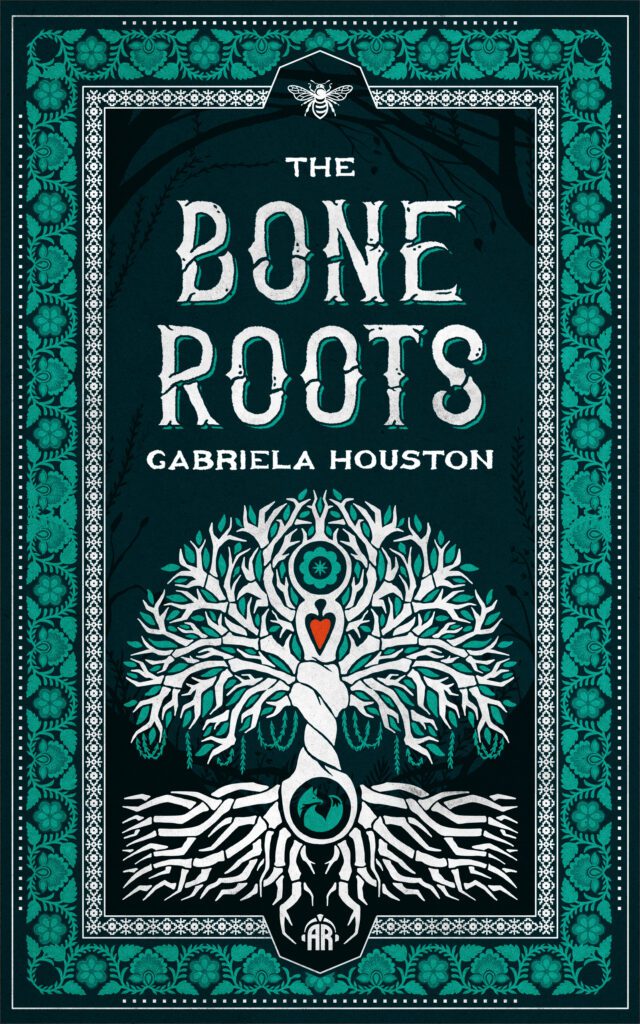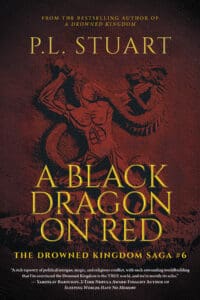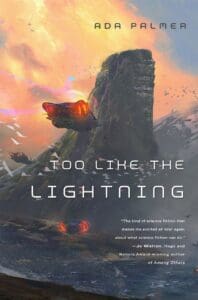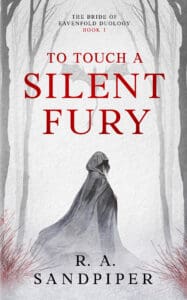Storytelling serves so many functions. It entertains; teaches; grows empathy. It has an unrivalled community-building power. A good storyteller has the power to raise an empire, or to destroy it. Through stories we build a sense of commonality of values and rules that in turn create a sense of safety and a scaffolding of predictability.
This scaffolding, however, is not uniform across different cultures.
While we might like to think there are certain unassailable truths and values common to all mankind, even the most shallow research will readily show it to be yet another comforting myth.
What I find fascinating in the study of different world mythologies is just how differently we perceive certain behaviors and how differently we structure our communities around those values.
However, listening to Polish folktales as a child, I thought of none of those things. In the story of King Popiel, after luring their family rivals to a feast and poisoning them, Popiel and his family were eaten by mice. To a child, their grisly end was simply a just comeuppance: as far as I understood it, they were bad, but not because they broke one of the most fundamental laws of Ancient Slavic life. Only as an adult, once more rereading those stories, do I see how it reinforces the rules meant to guide Ancient Slavic societies. For the Ancient Slavs, the breaking of bread cemented an unbreakable bond and trust between the host and the guest. There could be no violence committed against a guest, and indeed even to be less than generous was an infraction worthy of its own punishment.
Yet it was not so for the Gods and Giants of Norse Mythologies. When Thor and Loki trick their way into the halls of giants under the guise of a bride-to-be and her maid, in order to retrieve the Mjolnir, their trickery ends in success – not punishment. The hosts and the guests alike had little compunction about murdering each other. God Thor was, in any case, the most dreadful guest, as evidenced by his treatment of his generous host, the giant Hymir. Thor ate his host’s oxen, and endangered him by trying to fish for the Midgard serpent, Jormungand. When Hymir objected, he was promptly thrown overboard. To add insult to injury, Thor then stole Hymir’s cauldron, and went back on his merry way. There was no punishment awaiting him for his crimes. After all, who would dare stand against him?
In Norse mythology might really does make right, after all. Whoever can play the cleverest trick wins every time…until they run out of tricks.
Tricksters were not so well liked among the Ancient Slavs. There was a miner, from a story I heard as a child, who had a deal with the mountain spirits to give them buttered bread in return for safety and being shown the best digging spots. However he allowed his wife to renege on a deal, and he swapped the expensive butter for mashed potato. Why he thought he could get away with it, nobody knows, but the mountain spirits ended up collapsing the whole tunnel on his head. Greed and tricks don’t pay, we, the Slavic people, are told. And yet in the Norse myths, the Asgard gods’ power only increases with each shady bargain, each broken promise, each theft and murder.
In Ancient Greece, the killing of one’s own family was the kind of unredeemable crime that would put you on the radar of the furies. After a madness made Heracles murder his wife and family, he had to basically accomplish a whole list of miracles, in order to be forgiven. The fact that the tasks assigned to him were near-impossible to accomplish, even for a demigod, tells us just how serious his crime was.
A little way over in Ancient Egypt, however, Set’s brutal murder and dismemberment of his brother Osiris brought along no real punishment other than an age-long feud . Set was the supreme ruler of gods and men alike, until he finally stepped aside.
Of course, as societies and their rulers change, certain stories become distorted, with bits added here and there to reflect the new order and new values. The same God Set of Ancient Egypt, as a God of foreigners, had his popularity plummet in the Third Intermediate and Late Periods (roughly 1000-300BC) as Egypt was conquered by foreign nations. During this time his evil-doings and certain characteristics, like his indiscriminate sexual appetites, became exaggerated and almost symbolic of foreigners and outsiders.
One thing I’ve noticed reading stories from Ancient Slavic folklore, is that many stories exist in multiple versions, those with added Christian elements having the entire value system turned on its head. As an example, Ancient Slavs’ respect towards the natural world extended to all the creatures in it, both natural and of the spirit world. A human was merely a part of the world, and not its master. The mark of a hero was his empathy. When the eagle king asks a hunter for mercy, the man thrice considers shooting the talking bird, till he relents. The eagle king richly rewards the hunter, but not before giving him a lesson, thrice putting him in fear for his own life.
In some of the versions of the strzyga (or striga) stories, the curse of the strzyga is broken only when the hero takes her place physically, by climbing in her coffin, and emotionally, understanding, and taking on her pain and fear. In the later stories, where the hero takes pity on a creature of the spirit world, the editors often felt compelled to add on a line or two that in the end, such unwarranted empathy and kindness towards “demons and devils” landed the hero in hell.
In my writing I’m fascinated by such examples, and the power those stories have to create common values within a community. The concept of bargains and deals, and the weight of them especially, feature heavily in my novel, The Bone Roots, where two mothers use the laws of the supernatural, and the natural worlds to create allies and build up their defenses.
About the Author

Gabriela Houston is a London-based writer. She was born in Poland and raised in a book-loving household on the nourishing diet of mythologies, classics and graphic novels. She had spent much of her early school years holed up in the library, only feeling truly herself in the company of Jack London’s trappers and Lucy Maud Montgomery’s red-headed orphan, among many others.
She came to the UK at 19 to follow her passion for literature and she completed her undergraduate and Masters degrees at Royal Holloway, University of London.
After her studies she worked in publishing for a few years. She now lives with her family in Harrow, where she pursues her life-long passion for making stuff up.
Her adult Slavic Fantasy novels THE SECOND BELL and THE BONE ROOTS are out now from Angry Robot Books.
Her Slavic-Inspired upper MG duology (ages 9+), THE WIND CHILD, and THE STORM CHILD are out from Uclan Publishing.
She’s the cohost of a YouTube channel, Bookish Take, which focuses on a writer’s journey from the initial idea through to the publication process and beyond!
Website
Twitter (@gabrielahouston)
Instagram and Threads (@gabrielahouston1)

Blurb
A tale of two mothers, each desperate to protect her child. But only one of them can succeed. And only one of them knows why.
—
The Bone Roots is a salvic-folklore inspired fantasy that explores how far a mother will go to protect her child…
It’s been 40 years since the Fox took Kada’s brother. Though she ran and kept herself hidden, she fears it may be stalking her again, this time to steal her daughter.
Every year, Vedma Kada gives thanks to the bone roots – those that belong to the child-bearing tree who gave Kada her desperately-wanted baby, Secha. Kada lives her life in service of the bone roots and the goddess Zemya, but they cannot keep her daughter safe. Not when Secha’s emerging powers, both mysterious and brutish, threaten to out her for who she truly is…
Meanwhile Sladyana, a rich noblewoman, has spent the last fifteen years searching for her missing daughter, Luba. She was snatched from their home by the Fox thief and Sladyana has heard nothing from her since. But the one who gave Sladyana her daughter has come within her grasp once again, and so has the secret of her daughter’s fate.




Leave a Reply